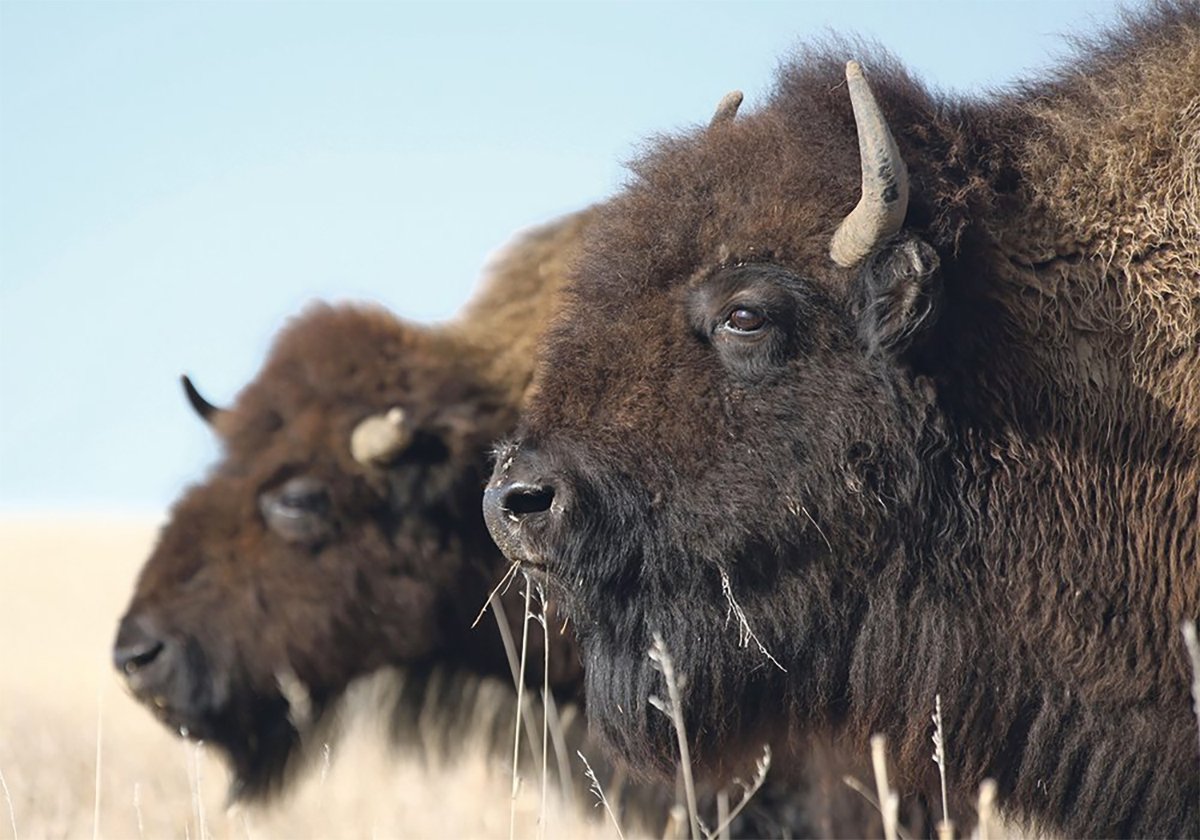A preliminary injunction was filed in U.S. District Court July 25 in an attempt to stop the implementation of the latest version of country-of-origin labelling.
The action, which was taken by a coalition of North American meat processors and livestock organizations, follows an earlier lawsuit filed July 8 that asked the court to strike down the U.S. Department of Agriculture regulation.
The revised rule, which was released May 23, made the COOL legislation even stricter than the original version.
The World Trade Organization had earlier determined that the original rule discriminated against cattle and hogs imported from Canada and Mexico.
Read Also

The Western Producer Livestock Report – August 21, 2025
Western Producer Livestock Report for August 21, 2025. See U.S. & Canadian hog prices, Canadian bison & lamb market data and sales insights.
Canadian Cattlemen’s Association president Martin Unrau said the in-junction should be considered soon.
“It is really the only avenue we have to see if that rule can be struck down, and we will see where we go from there,” he said. He is optimistic the injunction can be carried out.
R-CALF won an injunction in 2005 against a rule to reopen the border to Canadian cattle after BSE closed the borders. It was later overturned.
Canada is hoping for quick action because the fall feeder run starts soon. Producers do not want American buyers to shy away from the market be-cause of uncertainty over the rule, which demands that every stage of the production process from birth to death be included on a retail label.
“The situation is such that we really don’t have accurate price discovery with the U.S. not really being in the market and the uncertainty with that proposed rule,” Unrau said.
“U.S. buyers will not be in our market to look at feeder cattle or nor will the packing plants be bidding aggressively on fed cattle.”
He said he was probably paid $70 per head less on 550 pound calves exported to the United States this spring. The CCA is estimating this fall calf crop could be discounted by $50 to $80 per head, while fed cattle may receive bids of $90 per head less than their U.S. counterparts.
The Canadian pork industry estimates the law has cost it $500 million in lost business since it was implemented. The Canadian Pork Council has asked producers for their sales losses so they can be used as part of an appeal to the WTO, which is a separate case from the recent lawsuits.
The July 25 injunction motion argues that if the May 23 rule were to be enforced as the USDA plans to do in November, it offers no benefit to consumers but does cause serious harm to the U.S. meat and livestock industry.















